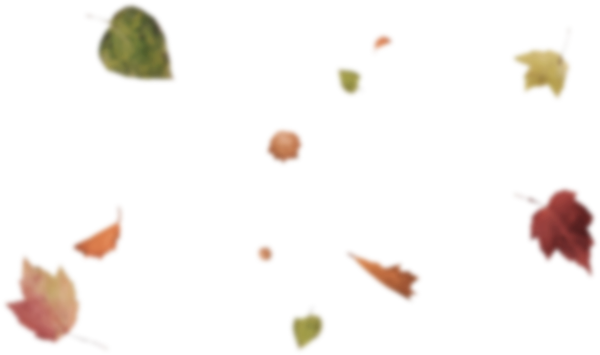I was diagnosed as level one autistic when I was thirty-two years old while I was in therapy for P.T.S.D. It came as something of a shock, no one in my social circle had ever said they felt I did anything that would have led them to think of me as a man with autism. However when I shared the news of my diagnosis almost everyone I knew simply said “oh that make sense” and a few of my closer training partners actually reacted to the news by saying “YOU didn’t know? I thought you knew?”
After the initial shock I found myself thinking “now what?” It was a very confusing process. There is a lot of misinformation and blatant falsehood spun regarding autistic spectrum disorder. From assertions that autism is caused by vaccines (IT IS NOT) to claims that people with autism are “faking it” (they are NOT) there is a lot that can cause further confusion.
I had the fortune of having already been a martial artist for my entire life. I understood a lot of the issues and I knew I could use my autistic strengths to learn in detail exactly how to improve my challenges and my chances. Using my trademark autistic relentless in pursuing subjects of interest I learned as much as I could and still continue to learn. I thought why not share some of the habits I have picked up, that greatly improved my quality of life as a man on the autism spectrum with those that are seeking the same.
Firstly, to understand why these things I suggest work one must first learn in detail about neural plasticity and how it works. There are some excellent books on the subject, an excellent beginner level read is called “The brain that heals itself” by Dr. Norman Doige. There are many others and I suggest one read all they can until they feel certain of their working understanding of neural plasticity.
Next there is a lovely program created by one Dr. Michael Merzenich called Brain H.Q. and it is available for use online. It has an annual fee and I have used it for over a year since learning of its existence. Brain H.Q. was developed and tested in school systems for over a decade before it became available to the public. I can’t stress enough how much I have improved in all areas from which I typically am challenged. My capacity and computation of auditory, visual and cognitive function have greatly increased. I use the program every week and consider it worth every penny.
Another amazing tool for improving neural response and function is called a double end bag. It is a ball that has an elastic band attaching it to both the roof above and the floor below. This means that when the ball is struck it rebounds back at the striker. It forces one to track a target, move to evade being struck and learn timing and physical relation in space. It will likely be EXTREMELY challenging, even for neural typical athletes, but the challenge is what causes such massive neural plastic growth and cognitive benefits. Using a double end bag can also provide a great workout as well. You can watch YouTube videos that show people using the double end bag for instruction, put on some sweats and go to work.
For anyone that finds physicality too challenging but still wishes to improve in that area, some good old-fashioned yoga can really help, albeit in a slower way. Again there are all kinds of YouTube videos one can follow if one searches “yoga for beginners.”
Generally speaking, anything that one can find some enjoyment from while also finding a challenge will really help. Those of us on the spectrum must remember that while certain tasks are more challenging for us, we can still improve in our capacity. You never know until you try.
Sean Leal is on a mission to advocate both for mental health awareness and for Autism awareness as well as care. After looking back on the tragedy and abuse he suffered in his childhood he spent eight years in therapy and was diagnosed with level one Autism at the age of thirty-two. After his diagnosis other members of his family were tested for ASD as well. His brother, sister and uncle have been formally diagnosed with ASD as well as several of their children.
After helping his family learn more about the Autism spectrum he is very excited to be given the opportunity to volunteer and write for ASO. It is his hope that the book he has written, an autobiography of his life, will one day be published so that he might pursue his dream career of being a writer and published author. He considers his autistic traits to be a gift, they absolutely are the reason he survived what he did and he is proud to be on the spectrum.


